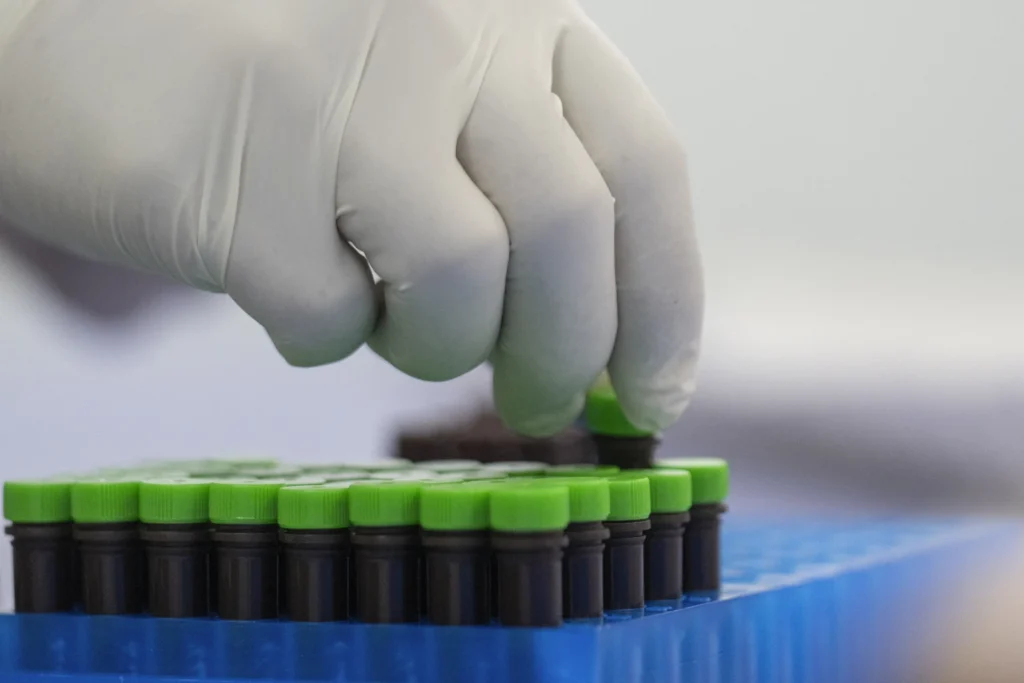Morocco has become the first African nation to produce and distribute mpox tests, addressing the chronic dependence on imported medical supplies.
Moroccan startup Moldiag is at the forefront, filling orders for affordable testing kits as the mpox outbreak continues to challenge healthcare systems across Africa.
Moldiag began developing its mpox tests after the World Health Organization (WHO) declared the virus a global emergency in August. To date, the Africa Centers for Disease Control and Prevention (Africa CDC) has reported over 59,000 cases and 1,164 deaths across 20 countries this year.
The startup’s $5 test kits are now being shipped to nations such as Uganda, Congo, Burundi, Senegal, and Nigeria.
Founder and Chief Scientific Officer Abdeladim Moumen highlighted the importance of localized production: “It’s rather easy to send tests from an African nation to another one rather than waiting for tests to come in from China or Europe.”
Mpox, primarily spread through close contact with infected individuals or contaminated items, often presents symptoms similar to chickenpox or measles. Testing is essential for accurate diagnosis, yet in many areas, such resources are scarce.
In Congo, for instance, only a fraction of the country’s provinces have laboratories equipped to process test samples. South Kivu province’s Kavumu Referral Hospital, one of the few facilities treating mpox patients, relies on rudimentary diagnostic methods such as temperature checks and symptom observation.
“This is a major problem,” said Musole Robert, the hospital’s medical director. “The main issue remains the laboratory, which is not adequately equipped.”
Rapid test kits that bypass lab processing could transform the response to outbreaks, yet most available tests still require laboratory facilities. Moldiag, along with other manufacturers, is working to develop rapid diagnostic tools.

Calls for Affordable and Accessible Testing
Moldiag’s price point aligns with WHO recommendations for affordable diagnostic tools. Health advocates have criticized the cost of competing tests, such as those produced by Cepheid, one of the WHO-approved manufacturers, which charges $20 per test.
A recent report by Doctors Without Borders found genetic tests could be produced for far less, prompting advocacy group Public Citizen to call for price reductions.
The Africa CDC’s acting director for laboratory diagnostics and systems, Yenew Tebeje, emphasized the need for cost-effective solutions: “International institutions have not always ensured medical supplies are quickly made available for crises in Africa.”
Moldiag’s approval by the Africa CDC in November marked a significant milestone. While the company has not yet sought expedited WHO approval, the Africa CDC has implemented its own accelerated approval process to bypass delays that can span months or even years.
The COVID-19 pandemic exposed severe disparities in global access to medical supplies, spurring African leaders to demand greater self-reliance. In 2022, the African Union prioritized local production of vaccines, tests, and medications to reduce the continent’s vulnerability during public health crises.
Moldiag’s work fulfills this objective, building on the lessons learned during the pandemic. Previously, the startup developed genetic tests for COVID-19 and tuberculosis. Its parent organization, the Foundation for Advanced Science, Innovation, and Research, has received funding from the European Commission and Morocco’s government, further bolstering its capabilities.
Experts argue that localized production is critical for managing outbreaks effectively. Moumen explained, “They want African tests for Africa.”
The WHO has pledged to improve access to mpox tests, vaccines, and treatments for vulnerable populations in low-income countries. However, more immediate solutions, such as Moldiag’s efforts, are vital in regions like Africa, where healthcare infrastructure is often underdeveloped.
Despite Morocco reporting only three mpox cases, the country’s initiative underscores a shift toward regional responsibility for healthcare. By reducing dependency on imports and tailoring production to local needs, African nations can better address public health challenges.
READ ALSO: Davido Celebrates Ghana’s Democratic Spirit With Congratulatory Post























